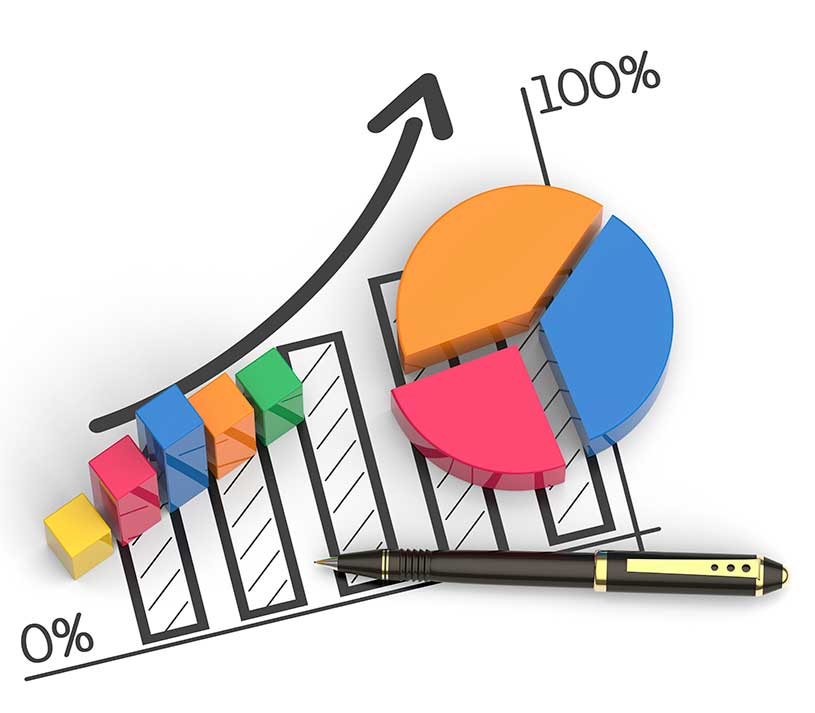Overtrading has become the number one demon for many traders. The reason is not hard to understand. A trader is overwhelmed by the ability to buy and sell large shares of stocks in just a fraction of a second. They have without doubt done some trades where they made large sums of money, perhaps a former week’s salary, in just a few minutes or couple of hours. The thrill of this power is intoxicating and leads to a simple conclusion for many. Just keep doing it. The more you trade the more you will make. This is where the problem lies.
Newer traders often feel that they have reached a certain level of success when they start to have some profitable days. Unfortunately, this is often very misleading. Naturally there has been some level of accomplishment made to have profitable days. The truth of it is that almost anyone trading will have some good days. They may often have some VERY good days. So why is this a bad thing?
Well, it is not a ‘bad’ thing. But it is also not a measurement of success. Aggressive traders may have a scorecard filled with many very good days, and many bad days. Traders who fail at trading usually do not do so because they could not make money on SOME days. They fail because the bad days are worse that the good days.
Trading is a process of finding a high quality technical pattern that has proven over time that the odds are in your favor of taking a position one way of the other. No matter what time frame you trade, there will only be a certain number of high quality patterns available. Once those patterns are gone, the remaining patterns are lower odds. The right time of the day has passed, the market has already made its big move, the support area has already held, etc. To continue trading at that point is to take lower odds trades and to dilute (or reverse) your results.
No matter what you trade or how you trade it, every day does not present the same odds. If you trade gaps, some days have lots of quality gaps, some days may not have any. If you trade the market itself, some days have very little movement, some days have fluid movement and some days are reversal days. If you catch a nice reversal day and play it right for big profits, you may expect the same thing the next day and give up money on lots of small losses and commissions when a narrow day forms.
Do you over trade? Have you ever been nicely profitable in the morning and given it all back by the end of the day? Have you ever noticed that the days that you have a large number of trades are usually losing days? Have you ever noticed that some of your better days come from a few good trades? After a nice move in the market where you make nice money, do you take a break or do you sit there trading even more hoping that you will do it all again, that maybe the market will ‘double’ the huge move it just made?
Now here is the key. Everyone will have winning days. Good traders are not made by how ‘good’ their good days are. They are made by how ‘bad’ the bad days are. It is in how they manage those other days. Do the breakeven days stay breakeven? Does that losing day stay reasonable, or erase the week’s profits?
Look at your records and ask yourself the questions listed above. You must follow a plan that allows you to strike at the best times, and lay low when the odds are low. You must overcome this psychological demon if want to survive. The fact of the matter is, good traders are measured in how they do on their bad days. Being able to squeeze small profits out of the tough days and not give up the profits of the good days is what is key. Look at your records. Do you have nice profitable days and give back the money over the next two days? If this sounds like something you do, you may want to get some help to combat that demon. I love saying, LESS CAN BE MORE! Don’t Overtrade!





